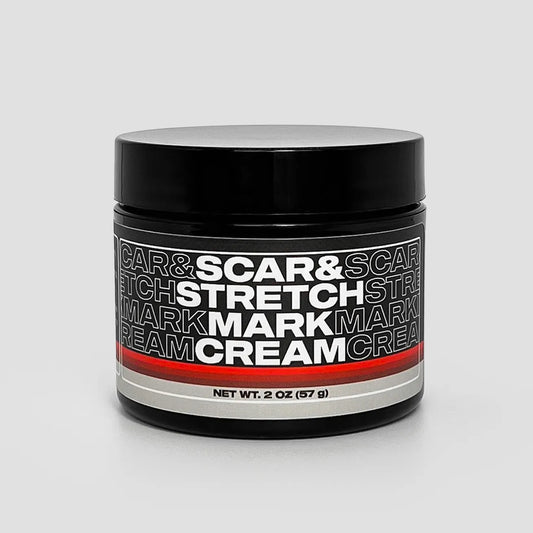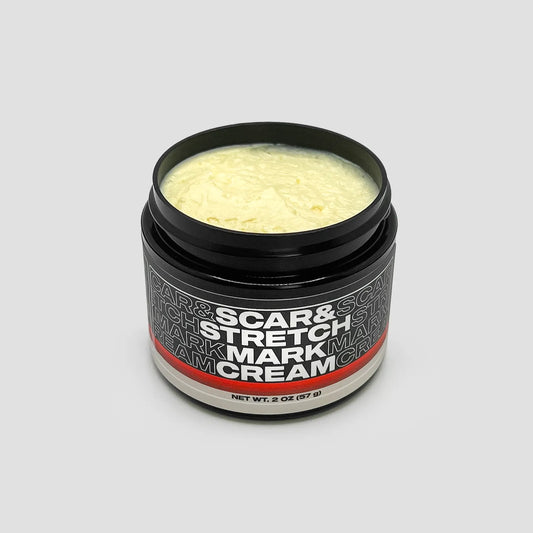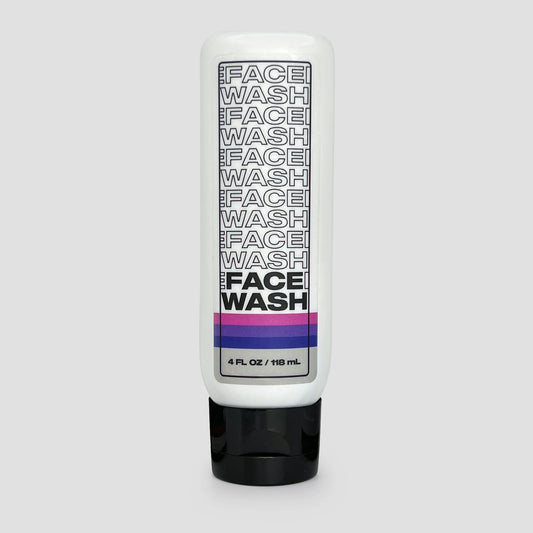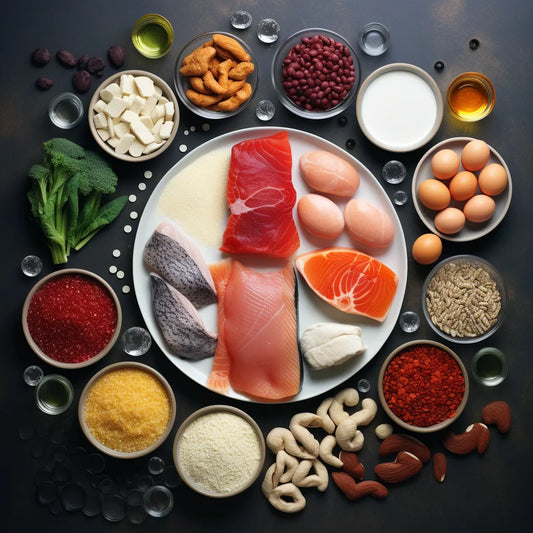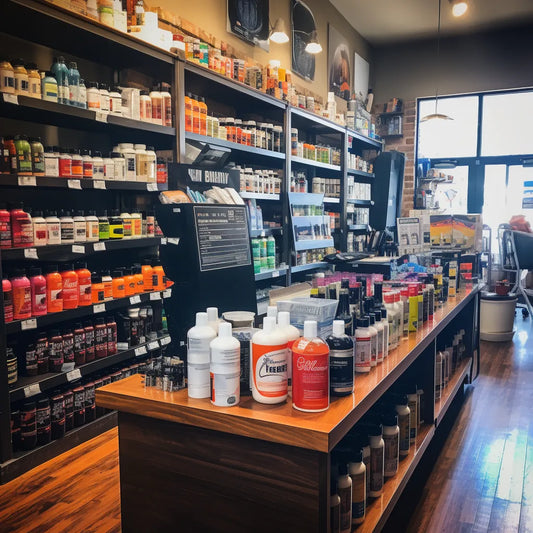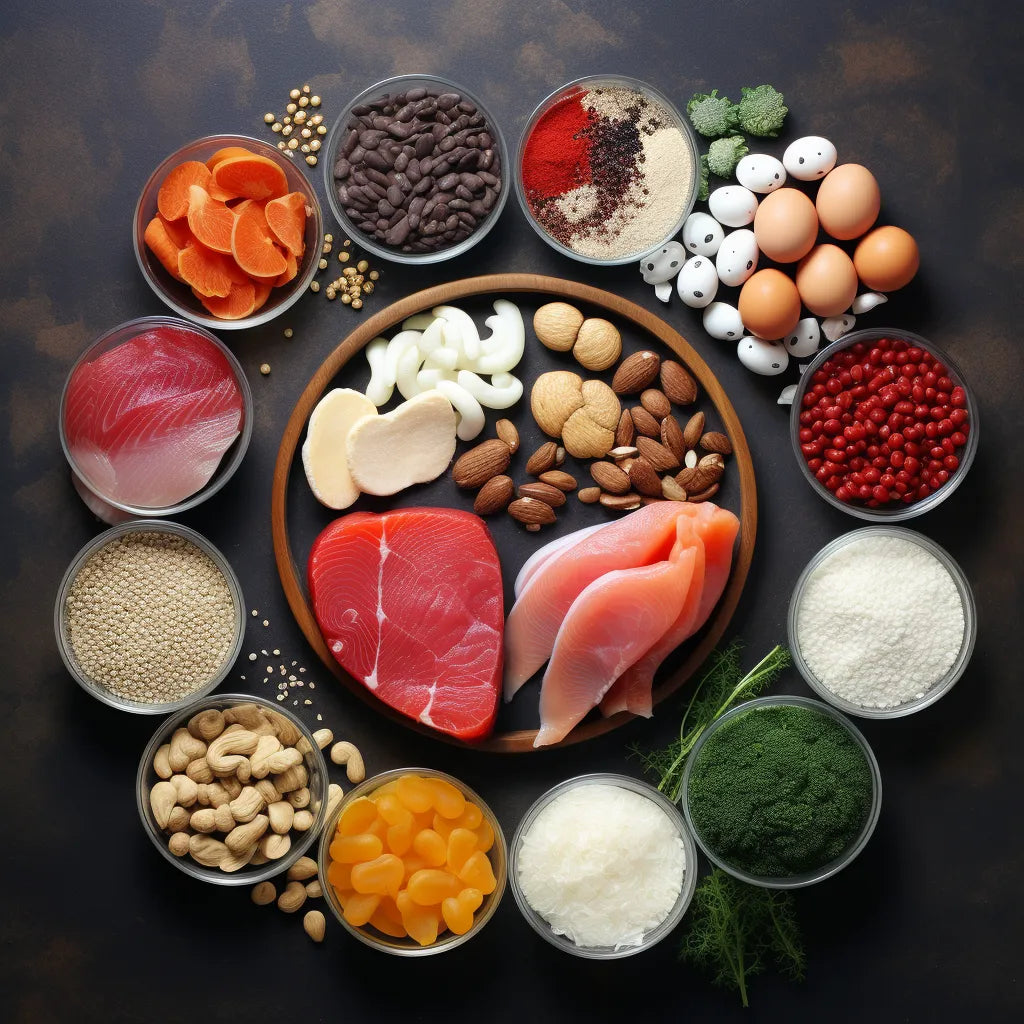

You're sweating it out, ripping those muscle fibers for a remarkable physical transformation. But are you fueling your body with the right proteins? Let's take a deep dive into the great debate of Collagen Protein Vs. Pea Protein.
Why should you care? Because the real battle isn't in the gym. It's in the kitchen. In every scoop of your protein shake, your body's future is decided. So, let's arm you with the knowledge to make the best choice.
This article will present the merits and drawbacks of Collagen Protein and Pea Protein - putting them head-to-head. By the end, you should know exactly which has the edge for your athletic lifestyle.
Get ready to amp up your nutrition game, grasp more about protein sources, and make strides in meeting your fitness goals.
What is Collagen Protein and Why is It Important?
Think of Collagen Protein as the power-up for your skin, bones, joints, and muscles. This protein is abundant in our bodies but levels dip with age, exactly why you'll find it in countless skincare and health products. It's essentially the glue holding our body together and has a unique amino acid profile beneficial for gut health, joint pain and more. Find out more at The National Library of Medicine.
What is Pea Protein and its Benefits?
Pea Protein is the underdog champion for those with special dietary restrictions. Extracted from yellow peas, this plant-based protein is naturally vegan, hypoallergenic, and rich in BCAAs needed for muscle recovery. Besides, it outperforms most plant proteins, packing a serious protein punch per serving. To dive deeper into the benefits of Pea Protein, visit Mayo Clinic.
How to Choose Between Collagen Protein and Pea Protein
Merely knowing the benefits doesn't cut it, does it? It's crucial to know how to choose between them. Here's a guided tour of factors that will help you decide what's BEST for YOU.
1. Consider Your Nutrient Needs
Your daily intake for nutrients is unique to you and your lifestyle. Athletes might need more protein per kilogram of body weight compared to the average individual. That said, consider the nutritional profile of each. Pea protein is rich in BCAAs like Arginine, while Collagen bursts with glycine.
2. Take Into Account Your Dietary Restrictions
If you follow a vegan or plant-based diet, pea protein is your best bet. Collagen, being animal-derived, might not align with your dietary choices.
3. Plan According to Your Fitness Goals
If muscle building and recovery is your target, you might lean towards the BCAA-rich Pea Protein. However, if improving skin and joint health forms your goals, Collagen could be your hero.
4. Factor in Allergies and Intolerances
Collagen and Pea Protein are both hypoallergenic, making them suitable for people with common intolerances. However, in case of specific allergies, it's important to listen to your body.
Are there any Side Effects of Collagen Protein?
While generally safe, collagen users have reported heartburn, an unpleasant aftertaste, and filled sensation. Additionally, the source of collagen (bovine or marine-based) might trigger allergies in some individuals. Check this out at the National Library of Medicine.
Are there any Side Effects of Pea Protein?
Pea Protein is commonly well-tolerated. Some users might encounter slight bloating or gas due to its high fiber content. To explore more about the side effects, read here at Mayo Clinic.
Nourishing Your Body with the Right Protein, Right Now
You're no longer walking blind in the protein aisle or online store. You're equipped with the knowledge that Collagen and Pea Protein, each offers unique benefits. Depending on your fitness goals, nutritional needs, dietary restrictions, and tolerance, the right choice varies.
Recap of Key Takeaways
- Collagen Protein is beneficial for skin, joints, and bones, while Pea Protein is rich in BCAAs beneficial for muscle recovery.
- Your nutritional needs, fitness goals, dietary restrictions, and tolerances should guide your choice of protein.
- Both proteins are generally safe, but specific side effects can occur based on individual tolerances.
It's time to level up, drop doubts, and fuel your body with the right protein. Make your choice, and let's usher in a new era of fitness transformation!
